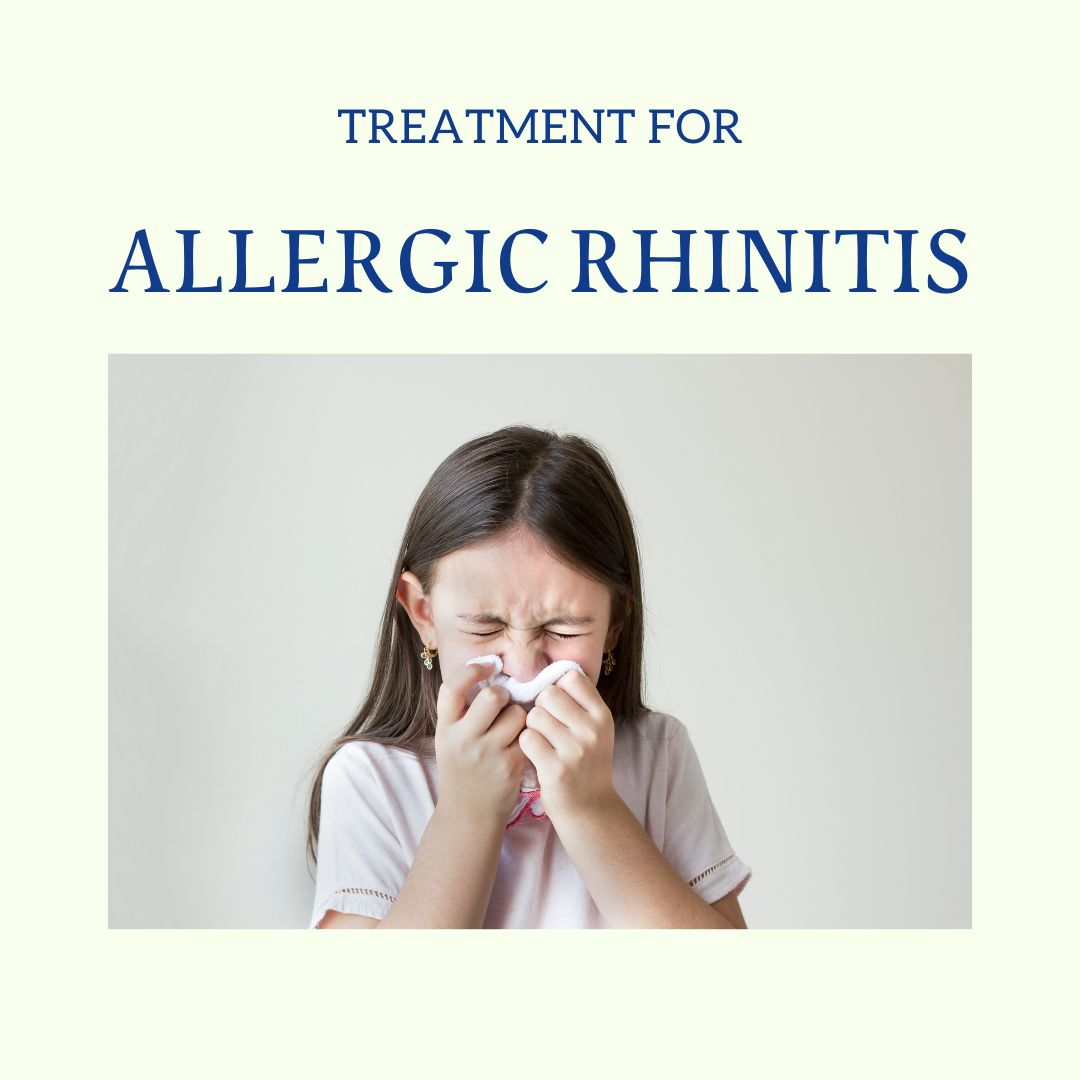Doktor Manjari
Allergic Rhinitis Treatment
Allergic Rhinitis Treatment
Couldn't load pickup availability
Allergic Rhinitis – Homeopathic Treatment
Allergic rhinitis is an allergic reaction triggered by exposure to specific allergens, most commonly seasonal pollen. Symptoms typically occur with seasonal changes but may persist year-round depending on the allergen.
Recommended Treatment Duration: 1–3 Years
Allergic rhinitis cannot be fully prevented. Long-term treatment, symptom monitoring, and trigger management are essential for maintaining quality of life. Comparison of symptoms is best assessed season-to-season.
Symptoms
- Sneezing
- Itchy eyes
- Watery eyes
- Runny nose
- Stuffy or blocked nose
- Itchy nose or throat
- Coughing
- Sore throat
- Frequent headaches
- Excessive fatigue
Immediate reactions after allergen exposure include sneezing fits, eye irritation, and sudden nasal symptoms. Long-term exposure may cause headaches and fatigue.
Common Allergens
- Tree pollen
- Grass pollen
- Dust mites
- Animal dander (old skin flakes)
- Cat saliva
- Mold spores
Types of Allergic Rhinitis
- Seasonal Allergic Rhinitis – triggered in certain seasons (spring, fall)
- Perennial Allergic Rhinitis – occurs year-round due to indoor allergens
Risk Factors
- Family history of allergies
- Existing asthma or atopic eczema
- Exposure to cigarette smoke
- Chemical irritants
- Cold temperatures
- Humidity and wind
- Air pollution
- Perfumes, colognes, hairsprays
- Smoke (wood or tobacco)
- Occupational fumes
Tests Required
Blood Test is advised to assess allergic response and inflammation markers.
Complications
- Difficulty sleeping due to persistent symptoms
- Development or worsening of asthma
- Frequent ear infections
- Sinusitis or recurrent sinus infections
- Reduced productivity at school or work
- Recurrent headaches
Complications from antihistamines may include drowsiness, headache, anxiety, insomnia, and rarely gastrointestinal or circulatory side effects.
Treatment Approach
- Prescription of Homeopathic medications tailored after detailed consultation
- Counselling to understand chronic nature of allergies
- Dos and don’ts based on identified triggers
- Dietary guidance and restrictions (if required)
Share


